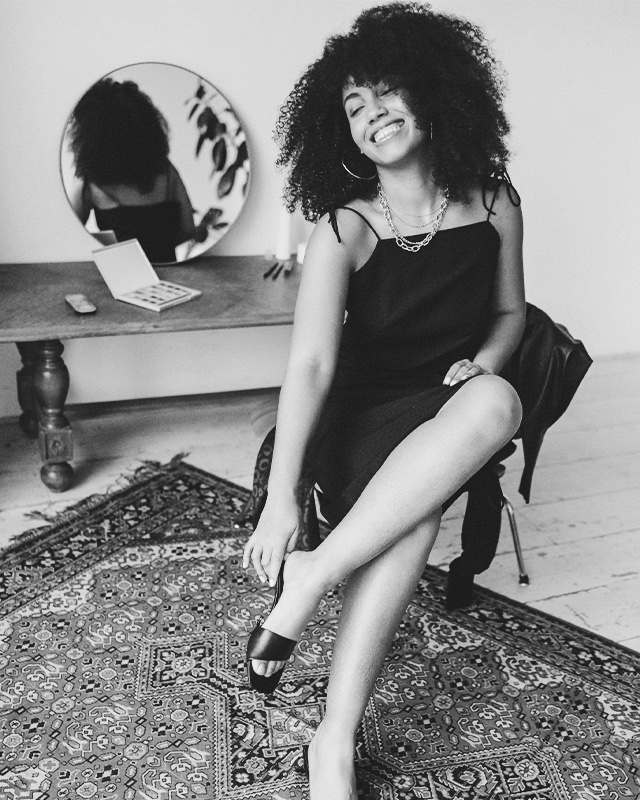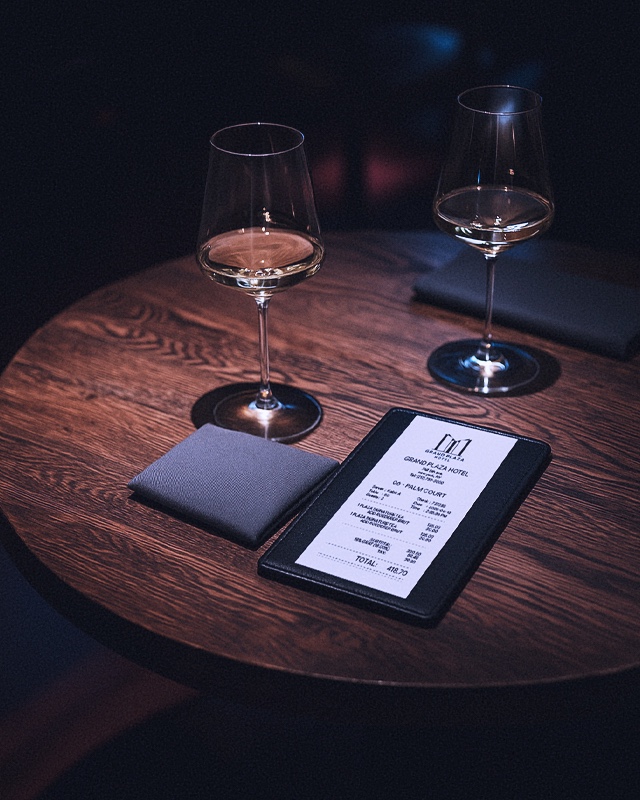Why You Don’t Need to Be “Fully Healed” to Date Well
You’ve probably heard it before: “You can’t love anyone until you love yourself.” It sounds empowering—until it begins to feel like a diagnosis. Like if you’re not perfectly whole—whatever that means—you’re not fit to date.
That narrative may feel wise at first, but what it does is stall people in place. Healing becomes a hurdle, not a process. Self-love becomes another box to check before you’re “allowed” to try again. And dating? That gets framed as a test you’ll fail unless you’re already flawless. Here’s a better way to look at it: healing is a rhythm, not a race. And love doesn’t require perfection—it requires participation.
The Flawed Logic of “Fix Yourself First”
Self-help culture has had a curious impact on dating. It’s taken the concept of personal growth and made it feel like a prerequisite. As if, unless you’ve transcended every insecurity and unpacked every relationship wound, you’re just going to “attract the wrong people.” But emotional work doesn’t happen in a vacuum. Growth isn’t a solo project. It shows up in how we respond, how we recover, and how we re-engage. Clarity often comes from connection.
Waiting to be perfectly healed before entering the dating world is like waiting to be fluent before you ever speak a language aloud. You learn by doing it—awkwardly, bravely, honestly. And that’s where dating becomes a space for real insight. The people you’re drawn to, the situations that trigger you, the things you tolerate or walk away from—they’re all part of your emotional development. The key is not to show up flawless. It’s to show up aware.
Self-Love Isn’t a Destination
Let’s get something straight: self-love isn’t a finish line you cross and suddenly you’re relationship-ready. It’s more like a filter that sharpens over time. Some days it’s crystal clear. On other days, it’s fuzzy and unreliable. That’s normal.
What matters is how you relate to yourself in the present moment. Can you catch your patterns? Do you know the difference between desire and avoidance? Are you in tune with what you need—or are you chasing what’s familiar? You’re allowed to want love while still learning how to hold it. Dating with self-love means navigating those questions as they arise, not waiting until they disappear.

Emotional Momentum Over Emotional Perfection
Think of healing as motion. Are you reflecting, adjusting, and becoming more intentional? Can you communicate what hurts without turning it into a weapon or a wall? That’s progress. That’s what matters. Dating isn’t just about being chosen—it’s about choosing well. And that choice sharpens as you heal. Not when you’ve reached some imaginary endpoint, but when you’re grounded enough to stay curious even when things get uncomfortable.
People often think of vulnerability as a risk to avoid until they’re “strong enough.” But real strength is the willingness to be seen, even in the messy middle of figuring things out. Healing isn’t linear. It loops. It slows down when you want speed, and accelerates when you least expect it. It doesn’t wait for your dating life to hit pause.
The Danger of Overcorrecting
There’s a trend—especially among high-achieving daters—to over-engineer emotional independence. You become so good at being self-contained, so practiced at “not needing anyone,” that intimacy starts to feel like a liability. You treat emotional openness like a glitch in your system.
But connection doesn’t threaten your independence—it reveals where you’ve been too alone for too long. You don’t have to wait until you’re immune to heartbreak to be ready for a relationship. You just have to be willing to engage with it differently. With more honesty. More responsibility. And yes, more self-respect.
What Self-Love Looks Like While Dating
It’s easy to assume self-love is all bubble baths and boundaries. However, in practice, it manifests more subtly. Like catching yourself before you shrink to accommodate someone else’s uncertainty. Like not mistaking chaos for chemistry. Like choosing the person who follows through, not just the one who says the right thing at the right time.
It’s skipping the situationship that keeps you emotionally unanchored. It’s walking away from someone who sees your pain but doesn’t hold space for it. It’s asking better questions: not just “Do they like me?” but “Do I like how I feel around them?”
That’s self-love in motion. That’s what creates dating experiences that feel less like tests and more like mirrors.
Not performances. Not puzzles to solve. Just reflection—with curiosity instead of critique.
What You Bring to the Table, Even While Healing
You bring awareness. Not always calm, but clarity. You know your triggers well enough not to ignore them—or dump them on someone else. You’ve learned how to sit with discomfort without turning it into drama. And when you mess up, which you will, you don’t spiral. You pause. You listen. You adjust. That alone sets you apart.
People who are still healing—but conscious of how they show up—make some of the most grounded, emotionally generous partners. They ask better questions. They listen more deeply. They don’t fake casual when what they want is real. And that’s not something to hide. That’s something to lead with.

The Real Work: Making Room Without Losing Yourself
The more you learn to care for yourself, the more you may worry that bringing someone else into the picture will derail that progress. That’s not paranoia—it’s pattern recognition. But the solution isn’t to stay solo forever. It’s to stay rooted.
The goal isn’t to avoid relationships until you’re invincible. It’s about building relationships where your growth is supported, not hindered. That means choosing partners who respect your pace, rather than punishing you for it. Who can hear “I’m still working on this” without it being about them? Those who see your healing not as baggage, but as evidence that you’re brave enough to evolve.
FirstDate Final Thought: You’re Not Behind
One of the cruelest byproducts of the “heal first” culture is that it turns healing into a timeline. It makes you feel like you’re late to the party if you’re still working through things, as you should have figured out by now. But emotional work doesn’t follow a schedule. And love doesn’t wait for your perfect moment—it shows up in the middle of the mess, and asks if you’re available anyway.
You’re not behind. You’re aware. You’re paying attention. You’re trying. And that version of you—the one who’s still figuring it out but choosing to show up anyway? That’s who love was always meant for.







